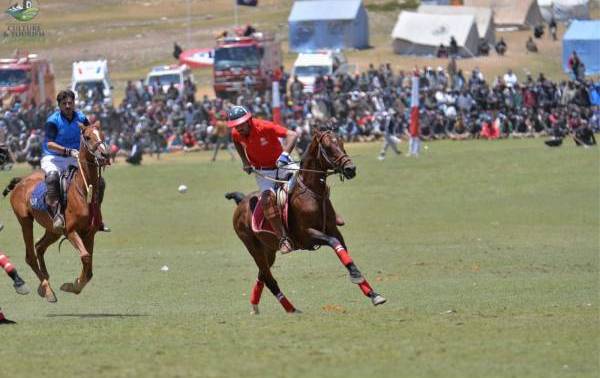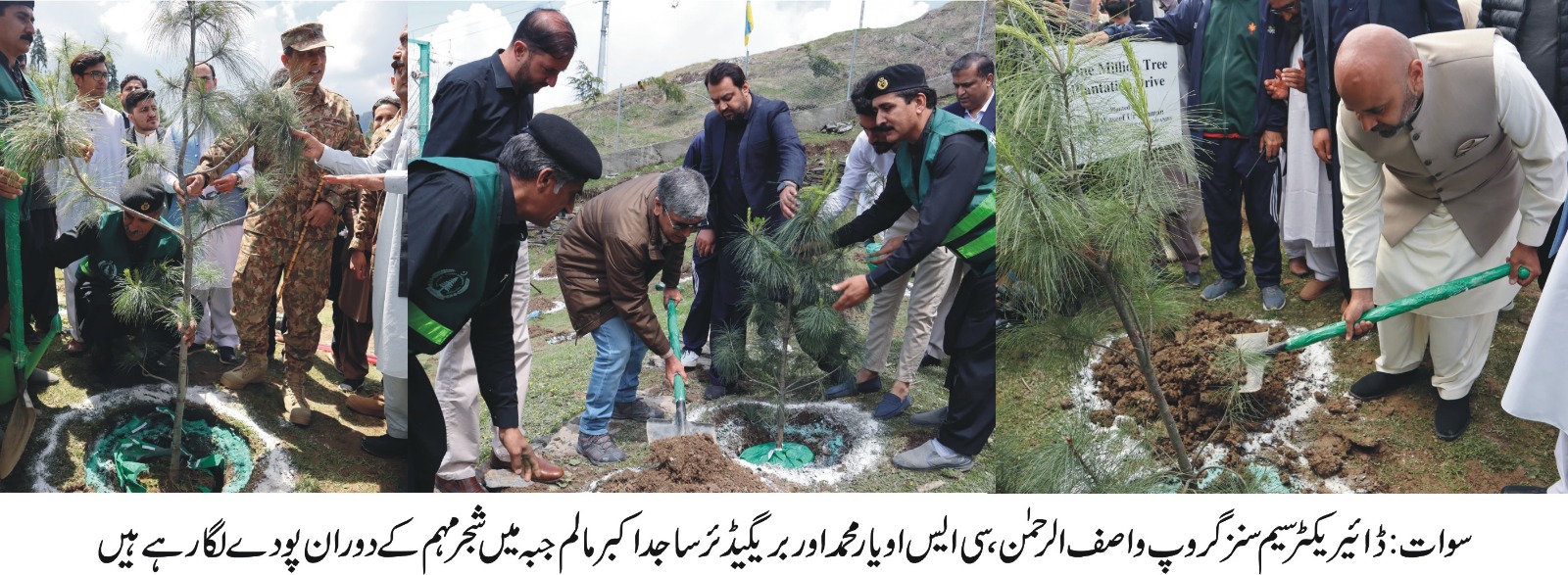Pakistan has dropped six spots to rank 158th out of 180 countries in the 2025 World Press Freedom Index released by Reporters Without Borders (RSF), marking one of the worst declines in media freedom globally. The report highlights unprecedented economic pressures, political interference, disinformation, and increasing violence against journalists as key factors behind the downgrade.
The Pakistan Federal Union of Journalists (PFUJ) condemned recent amendments to the Prevention of Electronic Crimes Act (PECA) 2025 and Punjab’s Defamation Law, calling them “black laws” designed to stifle free expression. PFUJ leaders Khalid Khokhar and Arshad Ansari criticized the government for using coercive tactics, including kidnapping journalists, filing false cases, and freezing bank accounts. They also noted that six journalists were killed in the past year, while the Quetta Press Club was sealed and unseen forces tightened control over media.
President Asif Ali Zardari and PPP Chairman Bilawal Bhutto Zardari reaffirmed commitments to press freedom, with Bilawal praising Sindh’s Journalist Protection Act as a positive step. However, legal repression persists, with PECA 2025 criminalizing “false information,” leading to arrests and fines. Freedom Network reported at least five journalist killings in the past year, alongside internet shutdowns and social media blackouts.
Globally, press freedom is in crisis, with half of the world’s countries rated “poor” by RSF. The US (57th) faces media layoffs and political hostility, while Israel (112th) has seen over 200 journalists killed in Gaza. In Pakistan, 2025 has seen 34 documented cases of violence and legal harassment against journalists, including assaults, detentions, and online threats.
As World Press Freedom Day is observed, the call for legal protections, independent institutions, and public support for journalism grows louder. Without urgent action, media freedom—and democracy itself—remains under severe threat.
Also read: KP hosts 3-Day workshop on Humanitarian Policing Practices with ICRC





